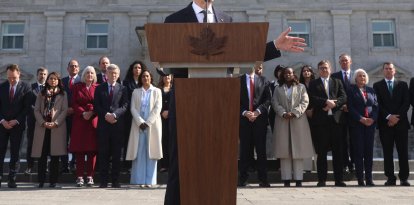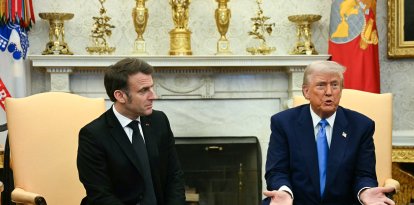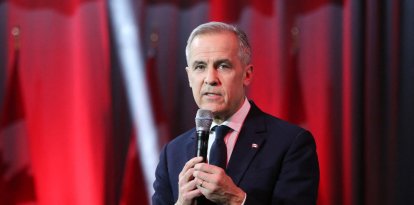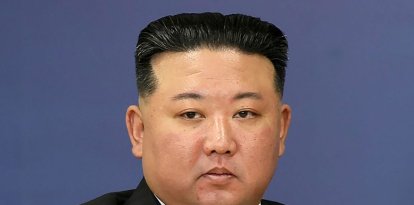Libertarian Javier Milei assumes the Argentine presidency: ‘Today we are ending a long and sad history of decadence’
The economist gave a speech about the state of the country in front of national deputies and leaders from around the world.
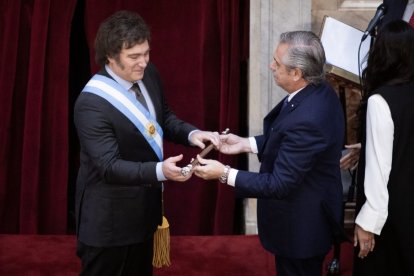
(Cordon Press)
Libertarian Javier Milei assumed the presidency of Argentina this Sunday at 11 a.m., local time. Starting today, the unexpected winner of this year's elections will take the reins of a country with triple-digit inflation, more than 40% of the population below the poverty line and corruption at various state levels.
"Hello everyone," greeted, unstructured, feigning a deep voice, the nation’s brand new president in the esplanade of the Argentine Congress. "Today we are ending a long and sad history of decadence and decline," he promised before the eyes of thousands of Argentines and international leaders such as King Felipe VI of Spain, former Brazilian President Jair Bolsonaro and Ukrainian President Volodymyr Zelensky. With words that were hardly a victory speech, at times resembling a lecture, with the president explaining economic concepts, Javier Milei predicted a dark present, a difficult way forward, but a path to "reconstruction."
Milei recalled his victory in the elections, "a will for change that has no return," and promised a prosperous and peaceful country. He also recalled, as he usually does, the "strong liberal roots" of the Argentine Constitution and how that ideology produced unprecedented growth in the country. However, "The leadership decided to abandon the model that had made us rich and embraced the impoverishing ideas of collectivism."
The most anticipated moment of the speech was his diagnosis of the country’s current situation. Not having clearly expressed what the Peronists left behind was one of the early critiques of the other Kirchnerist opponent who recently occupied the presidency, Mauricio Macri (2015-2019), since, his critics argue, Argentines were less willing to support extreme measures because they did not understand how necessary they were.
Mieli did not take that risk: "No government has received a worse inheritance than the one we are receiving," he said before detailing the economic situation of the country.
As part of the "inheritance" left by his predecessor, he mentioned the deficit, both fiscal and external, of 17%, most of which (15%) corresponds to the deficit of the Treasury and the Central Bank. He then promised a fiscal reduction in the national public sector valued at 5% of the GDP, which would fall almost entirely upon the state and not the private sector.
He also reiterated his promise to make cuts in monetary policy: "The only cause of inflation." Although he warned that the benefits of his measures against rising prices would be postponed for more than a year. His goal, he said, is to avoid hyperinflation, "which the outgoing government has left us in the lurch." He estimated that this could result in poverty of over 90% and indigence of over 50%.
Milei's numbers were devastating. An economy that has not grown since 2011. A $25 billion debt between the Central Bank and YPF (the main energy company, mostly state-owned) -which is part of an even bigger debt "bomb"-. Informal employment 33% higher than formal private employment. Or, as he tried to summarize: "They have ruined our lives".
'A new social contract'
"There is no alternative to adjustment and there is no alternative to shock," the president reaffirmed before moving on to other challenges of his government, such as public safety. He promised to end permissive crime policies, as well as reduce poverty and improve health and infrastructure.
The solution to these problems, he said, is to be found in "a new social contract." He summed it up by quoting a phrase in reference to Alberto Benegas Lynch:
RECOMMENDATION
